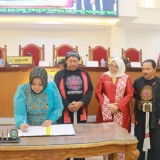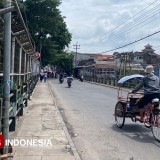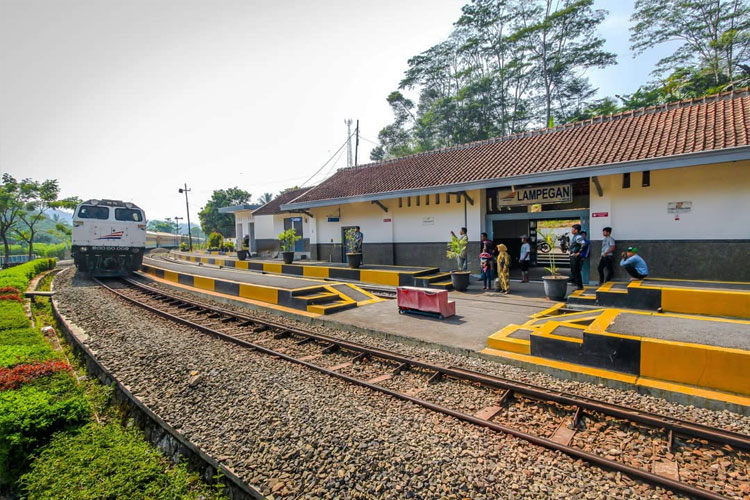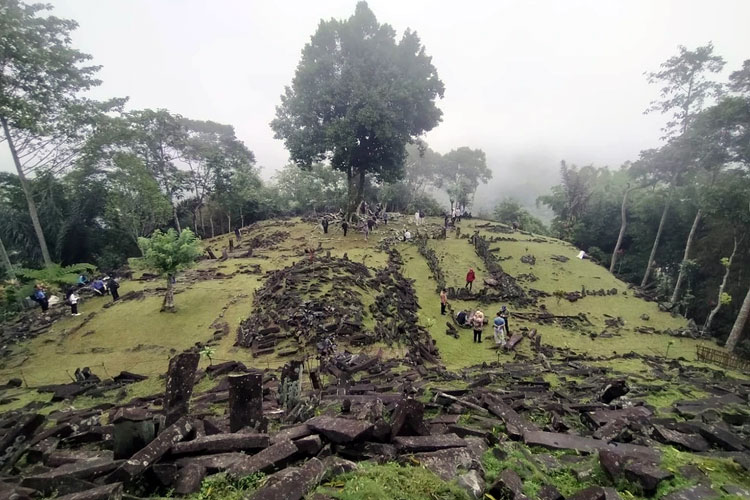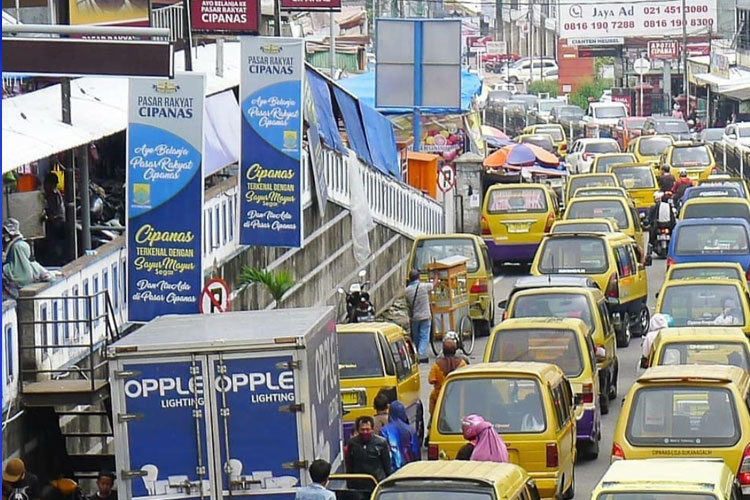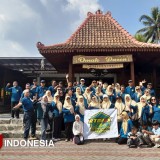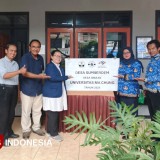TIMES MALANG, JAKARTA – In the midst of the increasingly unstoppable flow of globalization, there is one traditional Indonesian food that holds an unusual historical story. It's Kompiang or Kompia. It is a famous among the Chinese community, especially in Kalimantan.
Kompiang turns out to have an interesting origin, namely as a food that is often brought in battle. This food is not only a symbol of strength, but also reflects the spirit of unity and kinship among its community.
Kompia or kompiang is a small, round, flat bread, similar in texture to a bagel but typically denser. It's often baked in traditional clay ovens, which gives it a slightly chewy, crisp crus.
The original kompia is plain or filled with pork, beef, or other savory fillings, depending on the region. It can also be served with sweet fillings like red bean paste or sesame, though savory versions are more common in Indonesia.
Kompia is typically enjoyed as a snack or alongside tea. In places like Singkawang and Pontianak, kompia filled with savory meats is particularly popular as street food.
A Brief History
The origin of the Kompiang is rooted in the tradition of the warriors who carried this bread on their long journeys. With simple ingredients such as wheat flour, water, and yeast, Kompiang can be prepared easily and is long-lasting, making it an ideal meal to carry on challenging missions.
Its unique manufacturing process, in which this bread is baked over coals or in a clay oven, adds a distinctive flavor and makes it even more popular with many people. In addition, Kompiang is also often filled with local ingredients, such as meat and vegetables, which adds to its deliciousness.
Over time, Kompiang has transformed from a practical food for warriors to a special dish that is commonly enjoyed at various events, such as Chinese New Year celebrations and weddings.
Nowadays
Today, Kompiang has become an important part of Indonesia’s culinary heritage, especially in areas with significant Chinese populations. This bread is not only enjoyed as a food, but also as a symbol of identity and a rich culture.
Along the way, kompiang not only holds historical meaning, but also teaches us about the importance of cultural diversity. Each bite of the company reminds us of the struggles and sacrifices of our ancestors, as well as their ability to adapt and survive in various conditions. Kompiang also became a bridge between generations, connecting the stories of the past with modern life.
“Though kompia isn’t native to our region, its chewy texture and flavorful fillings make it a delightful addition to our local snacks. It's amazing how food can bring different cultures together," Abay, a loca comunity of Kalimantan said.
More Well-known
Now, Kompiang can not only be found among the Chinese community, but also began to be known by the wider community. With a creative touch from chefs and culinary entrepreneurs, Kompiang comes in a variety of variations and innovations that make it even more interesting.
No wonder this bread is now one of the most sought-after dishes, not only in traditional markets, but also in modern restaurants.
Through the stories and delicacies of Kompiang, we are invited to appreciate the rich and diverse culinary heritage, and understand how important it is to preserve and preserve our culture.
Just like this food that was born from a struggle, Kompiang or Kompia has now become a symbol of cultural unity and sweetness that we must celebrate and preserve together. (*)
Pewarta: Anisah Ananta A (DJ)
| Pewarta | : |
| Editor | : Khodijah Siti |

